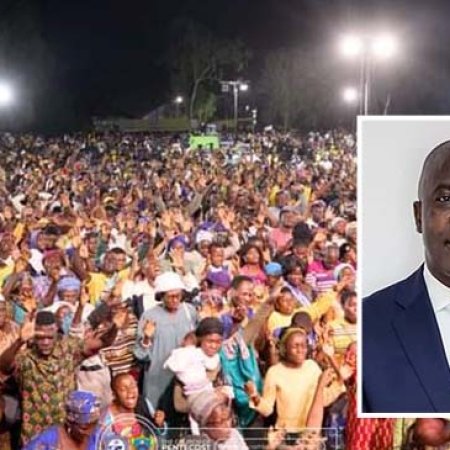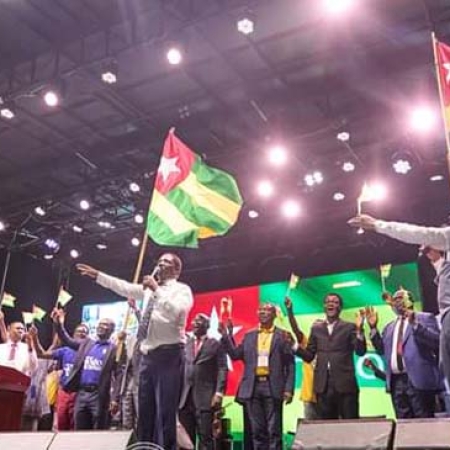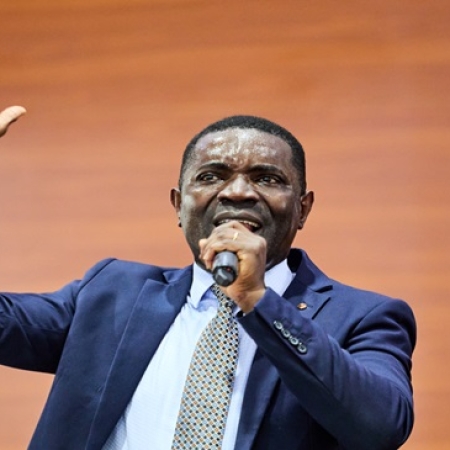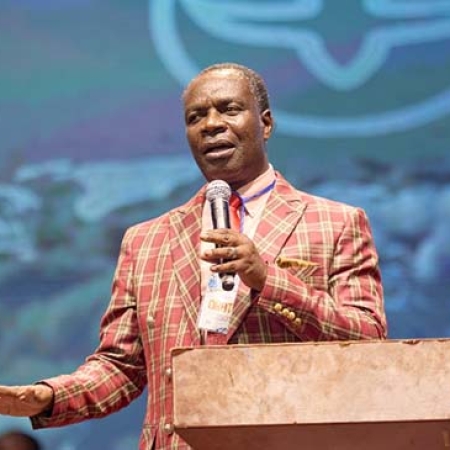Today is International Women’s Day which has been celebrated for more than 100 years and was adopted by the UN in 1975. Still being born a girl into this world seems to be a curse in too many places.
Women have, and continue to suffer various degrees of injustice and inequalities spanning from cultural, social, economic, religious, and political matters. At the same time, women have proven to represent solutions to a sustainable development for their families, society and environment – as responsible caretakers for households and communities.
They make the choices that impact economy and environment, what we eat, what sources of energy to use for cooking etc. This year’s theme for the International Women Day Celebration is time is now: rural and urban activists transforming women’s lives (#PressforProgress).
To do so, nothing deserves more critical consideration in education than the inequality in education for boys and girls in the poorest countries around the globe. Education is key to make good decisions, in everyday life and beyond. The barriers to girls’ education have been an old phenomenon in society and have proved too problematic to resolve. Their inhumane treatment dated back since human civilization.
The discrimination and abuse perpetrated against women continue in society through traditional practices, stereotyping, cultural and religious beliefs which put women at risk and neglect at any level. These negative attitudes have affected their educational opportunities.
However, globally education is recognized as a Fundamental human rights—where every child has the right to receive quality basic education; it is a critical resource to reduce poverty, inequality, and the foundation for a successful life.
Since independence, several governments in Ghana and Africa at large have not in any way instituted laws and policies to discriminate against the education of girls. But social and cultural beliefs, practices and attitudes of society have and continue to perpetuate discrimination against women. For the past years, Ghana has seen some progress towards gender parity in education, especially at the basic levels (ges.gov.gh; UNICEF Ghana, 2012), but the gap widens as students’ progress to higher levels.
Notwithstanding the progress made for the past years to bridge the divide, the supremely ambitious and transformational vision of the UN Agenda 2030 still got it captured under Sustainable Development Goal 4, target 4.1 “By 2030, ensure that all girls and boys complete free, equitable and quality primary and secondary education leading to relevant and effective learning outcomes” What a world with universal literacy? A world with equitable and universal access to quality education at all levels, to health care and social protection, where physical, mental and social well-being are assured.
Factors impeding girls’ education are multifaceted and interrelated. There are three main categories of factors causing gender gaps in primary and secondary education in Ghana: school-related, socio-cultural, and macro-level. School-related factors serving as barriers to girls’ education in Ghana are sexual harassment and lack of female teachers as role models.
Firstly, Sexual harassment and violence perpetrated generally are by classmates, male teachers, and males, in general, are one of the hindrances to girls’ education in Ghana. Classmates take advantage to prey on their female counterparts by abusing them sexually (rape) and physically (violent assault) especially when they refuse to consent to sexual relationships. Male teachers also take advantage of their female students to prey on them.
Oftentimes male teachers threaten to fail them in examinations, humiliate them in public, harass, abuse, and tease them. To bridge this divide and control sexual harassment and the abuse, I suggest that the government of Ghana and parliament should enact legislation and enforced its implementations. Child protection Interventions could help change attitudes and create awareness on the needs to empower girls and women in sustainable development.
Also, since cultural barriers in many countries play crucial roles in determining whether girls have access to education, and perform well if they have, female teachers have been recognized as critical in impacting girls’ access, retention, and achievement, even at the primary level.
However, girls in Ghana and other African countries do not have access to female teachers as role models because they are few at the lower primary level to receive emotional and moral support to guide them to higher achievement.
The benefits of girls’ education have been well documented by research to have multiplier effects. Their impacts extend beyond the individual and contribute to the Sustainable Development Goals (SDG’s) “No development strategy is better than one that involves women as central players.” It is a long-term investment that yields exceptionally high returns. We need those with power to change things to come together in an alliance for girls’ education: governments, voluntary progressive groups, and above all, local Communities, schools and families”.
I believe that if Ghanaians change their negative and marginalized attitudes toward girl-child access to education, consider the benefits of girls’ education as have been documented by research, with well-planned and implemented policies by the government, not just rhetoric, could ignite a revolution in girls’ education. This is because such policies or reforms have been implemented in some countries in the world where girls’ have either drawn parity with boys or overtaken them in education.
Realizing gender equality and the empowerment of women and girls will make a crucial contribution to progress across all the Goals and targets. Establishing Girls Clubs, as some schools do, would also be beneficial to raising the self-esteem of female students and decreasing harassment. Empowerment Camps or groups may help, and prosecuting the perpetrators should be a focus for the government The achievement of full human potential and of sustainable development is not possible if one half of humanity continues to be denied its full human rights and opportunities.
Awareness Campaign
Changing a cultural mindset is difficult and slow but in the case of Ghana’s universal sexism, it is necessary for progress. A social awareness campaign to emphasize the importance of educating females would be helpful in changing this mindset. The president’s He 4 She campaign is a good beginning, but we need to see more. This campaign should come from the government and local governments.
We as youth who has benefited from education can play an important role here and are ready to help promote the benefits and impacts from women’s transformation possibilities through education together with Girls Education Unit, and other institutions and be funded with money from the Girls Education Unit.
Women and girls must enjoy equal access to quality education, economic resources and political participation as well as equal opportunities for men and boys for employment, leadership and decision-making at all levels.
Women and girls form a majority of the world’s poor, hence are highly vulnerable to the negative impacts of the environment and climate Change. However, women and girls also form a larger portion of untapped resources to move forward the SDGs Agenda, especially on the Environment. Women are uniquely positioned to be caregivers, leaders and organizers, which makes educating them a very important tool to ensure their contribution to finding solutions to most of the problems of the world especially those built around the SDGs.
As today marks International Women Day celebration, we the youth of Ghana, hope the government and society as a whole takes a critical look at the transforming women’s life by improving girl-child education and put in stronger, feasible and measurable policies as well as strategic plans to ensure the girl child education is given utmost priority.
Girls and women are key, have their quota to contribute to the SDGs and the environment, hence they need to be informed. It is our duty as a nation to ensure they are given all the necessary platforms to make this possible!
Source: Francis Ametepey | Young Reporters for Environment – Ghana














